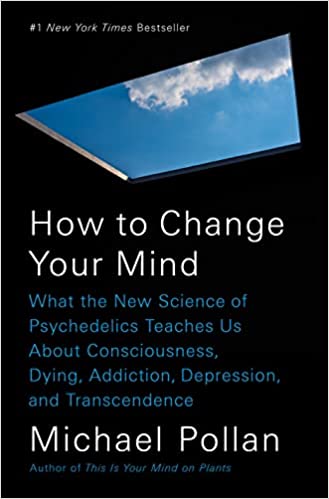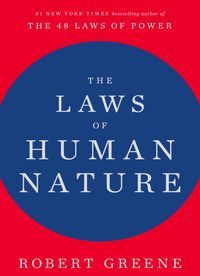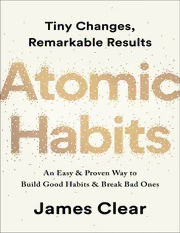
How to Change Your Mind: What the New Science of Psychedelics Teaches Us About Consciousness,
 Penguin Press
Penguin Press
Psychedelics have long been associated with mystical and ritualistic experiences, but scientific research has recently begun to reveal that they can also be used for the purpose of mental health treatment. Trials show that psilocybin, LSD, Ayahuasca and MDMA can alleviate anxiety, addiction and even help end-stage patients come to terms with death, sometimes in one session.
Despite this, many people still remain skeptical of psychedelics as a viable treatment for mental illness. But in How to Change Your Mind, Michael Pollan makes a strong case that these drugs are actually quite helpful for a wide range of mental disorders.
The author takes us on a two-year journey through the brilliant history of psychedelics across cultures and generations, the neuroscience of their effects, the renaissance of research on psychedelics’ potential to heal mental illness and his own mind-changing trips.
It’s a fascinating and enthralling journey that combines intriguing and significant history with daring and resonant reportage and memoir. It’s a must-read for those who want to find out more about the resurgence of psychedelic research and its potential to transform our lives.
In a time of fear and distrust, we need to be open-minded about the possibility of psychedelics as an effective mental health treatment. And in How to Change Your Mind, Pollan is here to help us do just that.
He starts with a history of psychedelics, tracing their emergence in the mid-twentieth century and how a moral panic over LSD led to decades of suppression, only to be lifted in 2022. He then focuses on the neuroscience of their effects, exploring their role in rewiring our brains and the renaissance of research into their potential to relieve depression, anxiety, PTSD and addiction. He also spends time with a group of neuroscientists who are using psychedelics in conjunction with modern brain imaging technologies to probe the mysteries of consciousness and the self.





